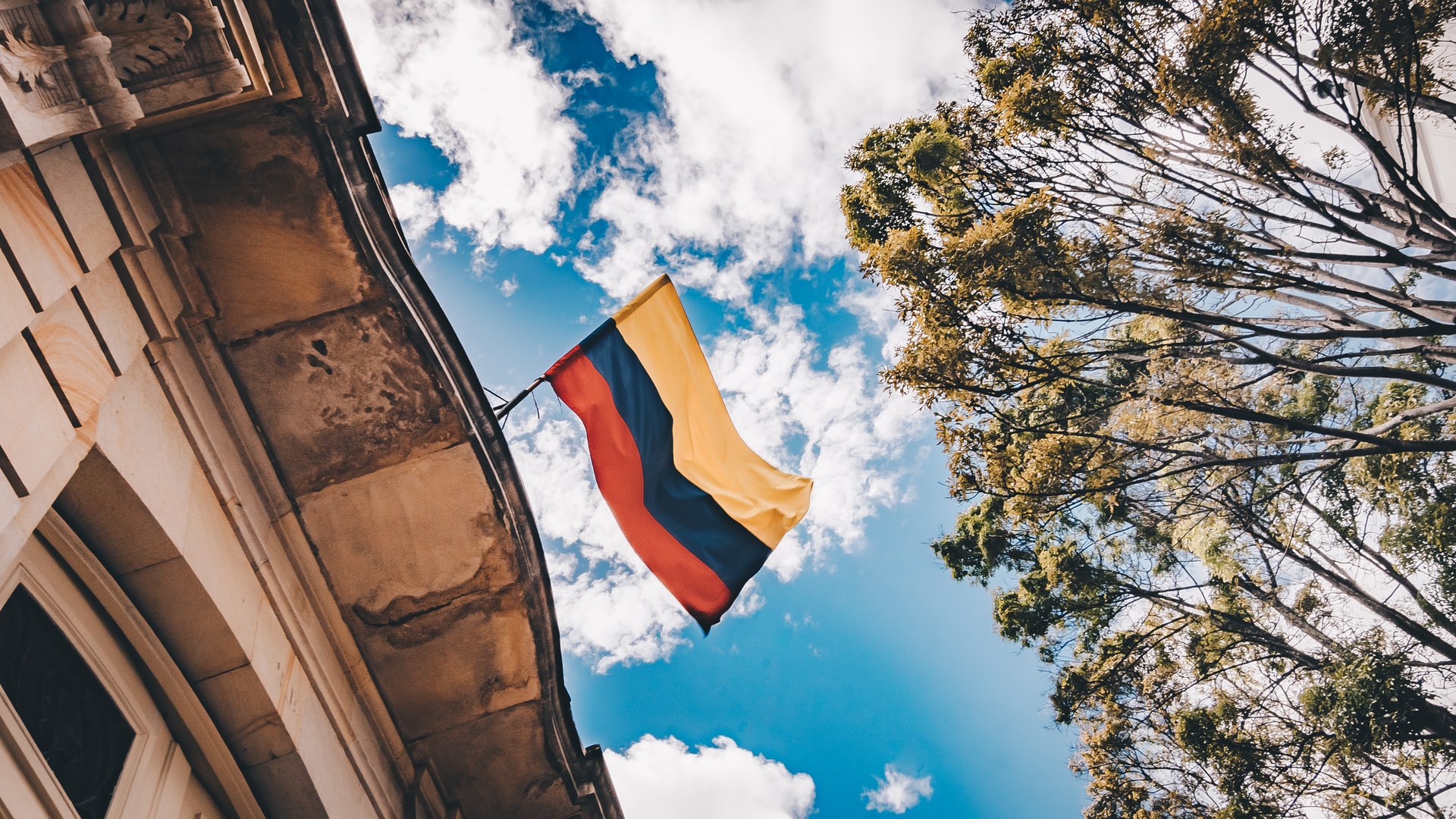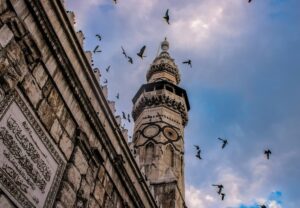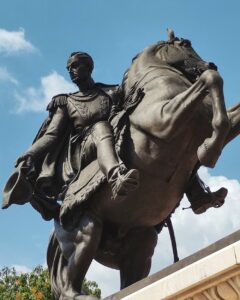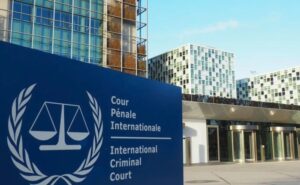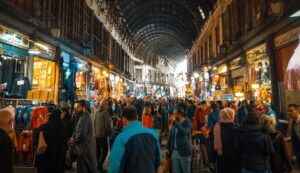November 30, 2021, The U.S. State Department has revoked the designations of the Revolutionary Forces of Colombia (FARC) as a Foreign Terrorist Organization and as a Specially Designated Global Terrorist (SDGT).
FARC has been demobilised and disarmed following the 2016 Peace Accords with the Colombian government. The U.S. State Deartment press release points out to the disbandment of the group and its incapacity to engage in any act of violence.
The revoking of the designations further indicate the U.S. support to the facilitation of the implementation of the 2016 accord, which includes working with ex-combatants. FARC was designated a terrorist organisation by the U.S. in 1997.
Dissident FARC group FARC-EP Designated
The State Department designated the FARC-EP and Segunda Marquetalia, the remaining and splinter organisations who refused to lay down arms and are responsible for terrorist activities.
The Segunda Marquetalia was founded in 2019, by former commanders of FARC who withdrew from the 2016 Peace Accord with the government. The group has since then engaged in terrorist attacks against former FARC members as well as assassinations, kidnappings and hostage taking for ransom.
The Department has designated FARC-EP commanders Luciano Marin Arango, Hernan Dario Velasquez Saldarriaga, Henry Castellanos Garzon, Nestor Gregorio Vera Fernandez, Miguel Santanilla Botache, and Euclides Espana Caicedo, as SDGTs (Specially Designated Global Terrorists).
From peasant insurgents to ideological terror
The FARC had started its activities in 1964 and it had its roots in a turbulent period of Colombian history known as the “La Violencia”. The group had since waged a protracted “anti-regime warfare” according to experts, aiming to install a Marxist government in Bogota. Starting out as a dispersed peasant insurgency movement, the group had grown into formidable presence. In 2010, it was estimated to have around 13’000 members.
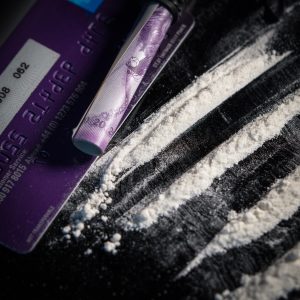
“Narcoguerillas”
One of the factors that distinguished FARC (and certain other Colombian armed groups operating along similar ideological motivations) was that the organisation had adopted drug dealing, taxation of drug production and akin criminal activities as a major means of funding.
Since 1982, FARC has leveraged narcotics dealing and incorporated it to wage war against the Colombian government. The “Crime-Insurgency Nexus” as the experts named, had provided considerable logistical advantages to the terrorist group.
The terrorist organisation’s involvement in drug dealing was made a subject of peace talks in Habana, that started in 2015; and was a point of discussion as to whether the involvement should be regarded as a “related crime” and extradite FARC commanders to the U.S.
The State Department states that the revoking of the designation of FARC does not in any way change the U.S. attitude against FARC’s criminal record.

